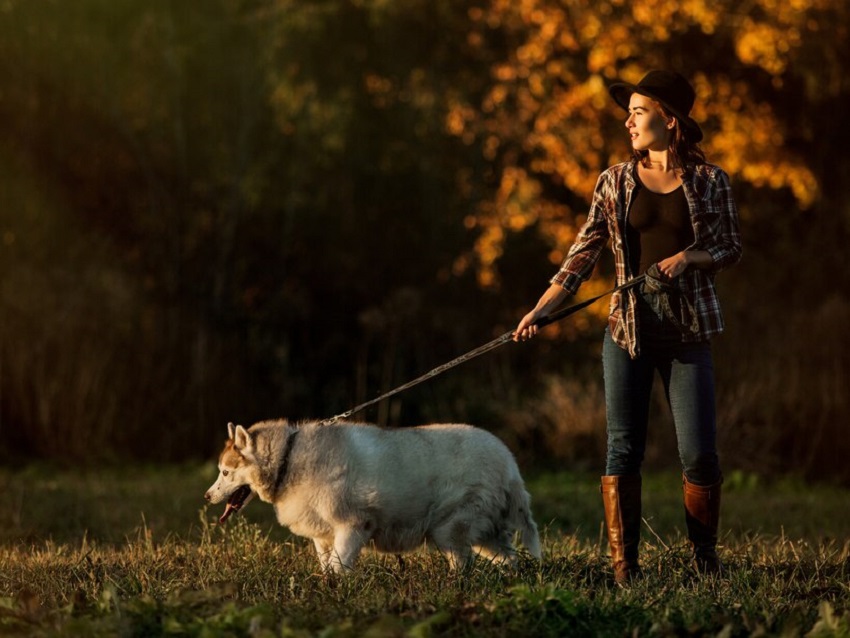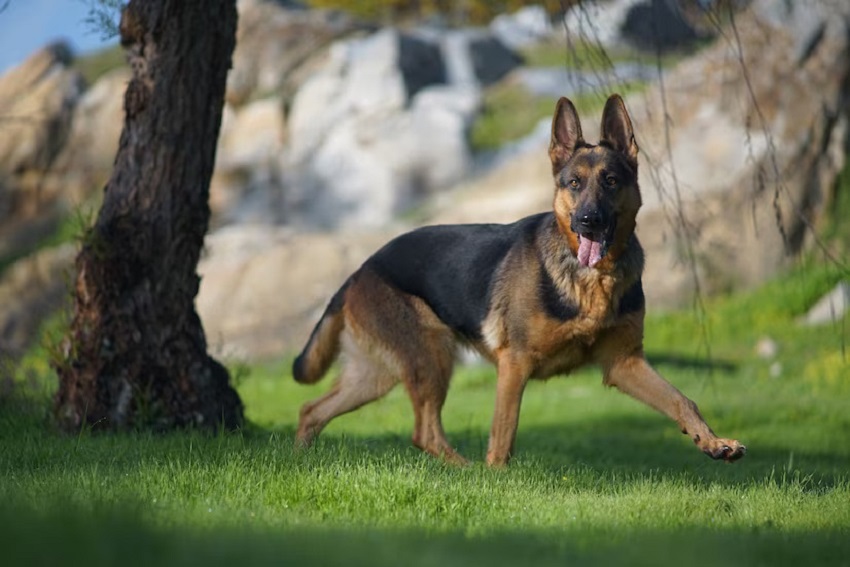Do you find hunting dogs frequently trespassing on your property, causing damage and disturbance? Dealing with such situations can be frustrating, but there are effective ways to keep hunting dogs off your property. In this article, we will explore how to keep hunting dogs off your property and foster positive relationships with dog owners. So, let’s dive in and discover how to protect your property from unwanted canine visitors.
Hunting dogs are specially trained canines that assist hunters in tracking and retrieving the game. They possess innate agility, stamina, and an acute sense of smell. These traits make them valuable assets in the field, but when hunting dogs roam on private property, they can create a host of issues.
Challenges of Hunting Dogs on Your Property
The presence of hunting dogs on your property can lead to several challenges. Firstly, they may cause damage to gardens, lawns, or other property features. Additionally, their presence can disrupt wildlife and disturb the tranquility of your surroundings. Furthermore, there could be concerns related to safety, especially if you have children or pets on your property.
Establishing Boundaries
One of the key steps in keeping hunting dogs off your property is establishing clear boundaries. By defining your property’s limits, you signal to both the dogs and their owners. Start by marking the boundaries with signs or fences clearly indicating private property. This serves as a visual cue for hunters and dog owners to recognize the boundaries and respect their space.
Physical Deterrents
Physical deterrents can be effective in preventing hunting dogs from entering your property. Fences are popular, especially when designed to withstand dogs’ agility. A sturdy fence can act as a reliable barrier, preventing unwanted intrusions. Additionally, installing gates or barriers at access points can reinforce the message that your property is off-limits to hunting dogs.
Natural Deterrents
If you prefer a more environmentally friendly approach, natural deterrents can be employed to discourage hunting dogs. Certain scents, like vinegar or citrus, can be sprayed near the boundaries to create an unfavorable olfactory experience for the dogs. Planting specific vegetation, such as thorny bushes or tall grasses, can be a natural deterrent due to the discomfort it may cause the dogs.
Training and Socialization
Training and socialization are crucial aspects of responsible dog ownership. Promoting these practices among hunting dog owners can help mitigate the problem of dogs wandering onto your property. Encourage local dog training clubs or organizations to offer specialized programs focusing on hunting dog obedience and recall. Through training, hunting dogs can learn to stay within designated areas.
Communication with Dog Owners
Open and respectful communication with hunting dog owners is essential to resolving the issue effectively. Approach dog owners in a non-confrontational manner, expressing your concerns and highlighting their dogs’ impact on your property. You can work towards finding common ground and establishing mutually beneficial solutions by initiating a dialogue.
Legal Considerations
Familiarize yourself with the local laws and regulations concerning hunting dogs on private property. In some jurisdictions, specific restrictions or permits may apply. Understanding these legal considerations can empower you to assert your rights while dealing with hunting dog-related issues. Consult local authorities or legal professionals if necessary to ensure you are well-informed.
Working with Local Authorities
If your efforts to resolve the issue independently prove unsuccessful, it may be necessary to involve local authorities. Report incidents of hunting dogs trespassing on your property to the appropriate agencies, providing detailed information. Local animal control or law enforcement can provide guidance, mediation, or enforcement when needed.
Building Positive Relationships
While addressing the issue, building positive relationships with hunting dog owners in your community is essential. You can create a more harmonious environment for everyone involved by fostering understanding and cooperation. Participate in local events or initiatives that promote responsible dog ownership, allowing for constructive engagement with dog owners.
Professional Assistance
In cases where the problem persists despite your best efforts, seeking professional assistance can be beneficial. Animal control services or dog behaviorists specialize in handling situations involving dogs and can provide valuable expertise. These professionals can assess the issue and offer tailored solutions based on your specific challenges.
Case Studies and Success Stories
Real-life examples of individuals who successfully resolved hunting dog issues can serve as inspiration. Hearing about others’ experiences and their strategies can provide valuable insights and motivation. These stories showcase the potential for positive outcomes and demonstrate that finding a resolution is possible.
Additional Tips and Suggestions
Here are a few additional tips and suggestions to help you keep hunting dogs off your property:
- Install motion-activated sprinklers or sound devices to startle trespassing dogs.
- Keep your property well-maintained, minimizing potential attractions for dogs.
- Engage with local hunting and dog organizations to raise awareness about the issue.
- Document incidents with photographs or videos as evidence, if necessary.
- Consider joining or forming a neighborhood watch group to address the issue collectively.
Conclusion
Protecting your property from hunting dogs requires a multi-faceted approach that includes establishing boundaries, employing deterrents, promoting responsible ownership, and fostering positive relationships. By following the strategies discussed in this article and maintaining open communication, you can create a safe and peaceful environment while preserving the integrity of your property.



